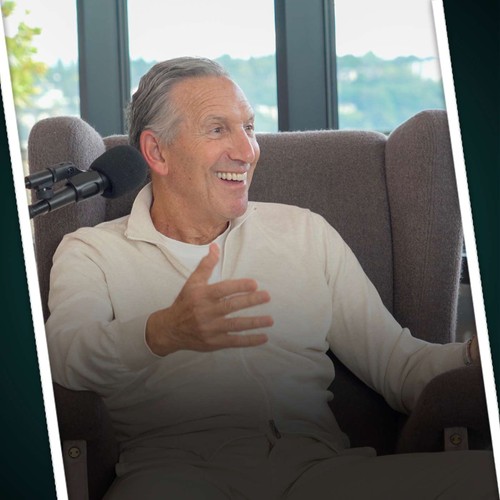
 Acquired
Acquired Starbucks (with Howard Schultz)
1946 snips
Jun 4, 2024 Howard Schultz, the former CEO of Starbucks, shares his remarkable journey in transforming a small coffee roaster into a global phenomenon. He reflects on the evolution of Starbucks from its humble beginnings to becoming a daily ritual for billions. Schultz delves into the innovative strategies behind the brand's iconic customer experience and the challenges faced during its expansion into diverse markets. He emphasizes the importance of employee well-being and community engagement, revealing the heart and soul that drive Starbucks' continued success.
AI Snips
Chapters
Transcript
Episode notes
Starbucks as a Cultural Phenomenon
Starbucks transformed a small coffee brand into a global cultural hub, creating a space that epitomizes community engagement. Its successful integration in diverse cultures shows the universal appeal of the Starbucks experience.
Howard Schultz's Journey to Starbucks
Howard Schultz was introduced to Starbucks when he worked with Hammerplast, which supplied the company with coffee makers. His experience visiting the Pike Place store captivated him and led to his recruitment as head of marketing.
Emphasizing Community and Experience
Maintain an intimate customer connection in every store to ensure the core experience remains strong. Resist the urge to allow ubiquity to commoditize the brand.

